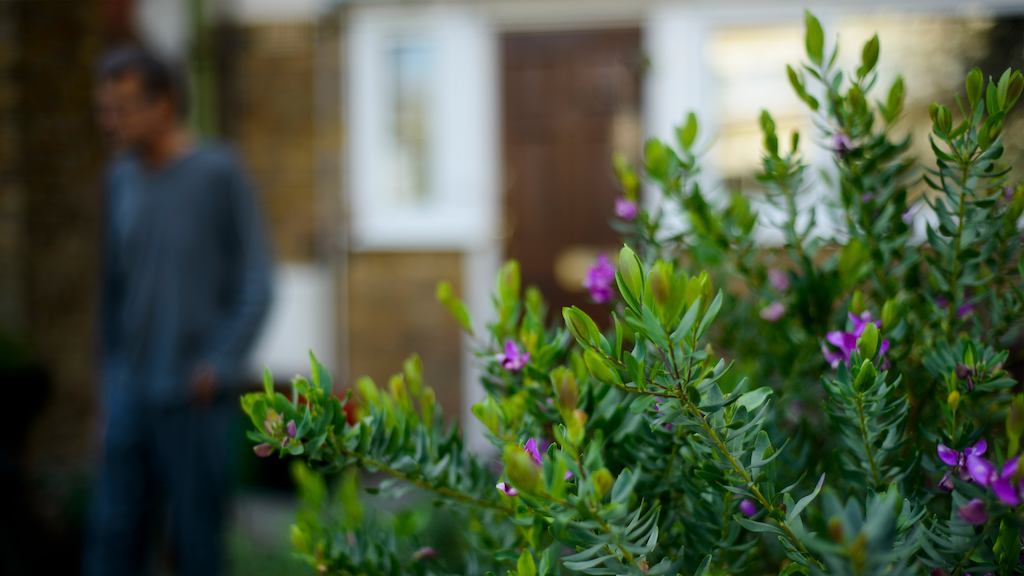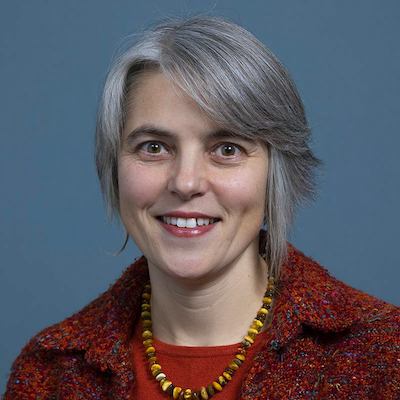Banishing the blues

Blue Monday is now behind us and yet for many people loneliness is something they experience every day.

Anna
Dixon
Chief Executive

Blue Monday is now behind us and yet for many people loneliness is something they experience every day.

Contact our team for more information
Contact us